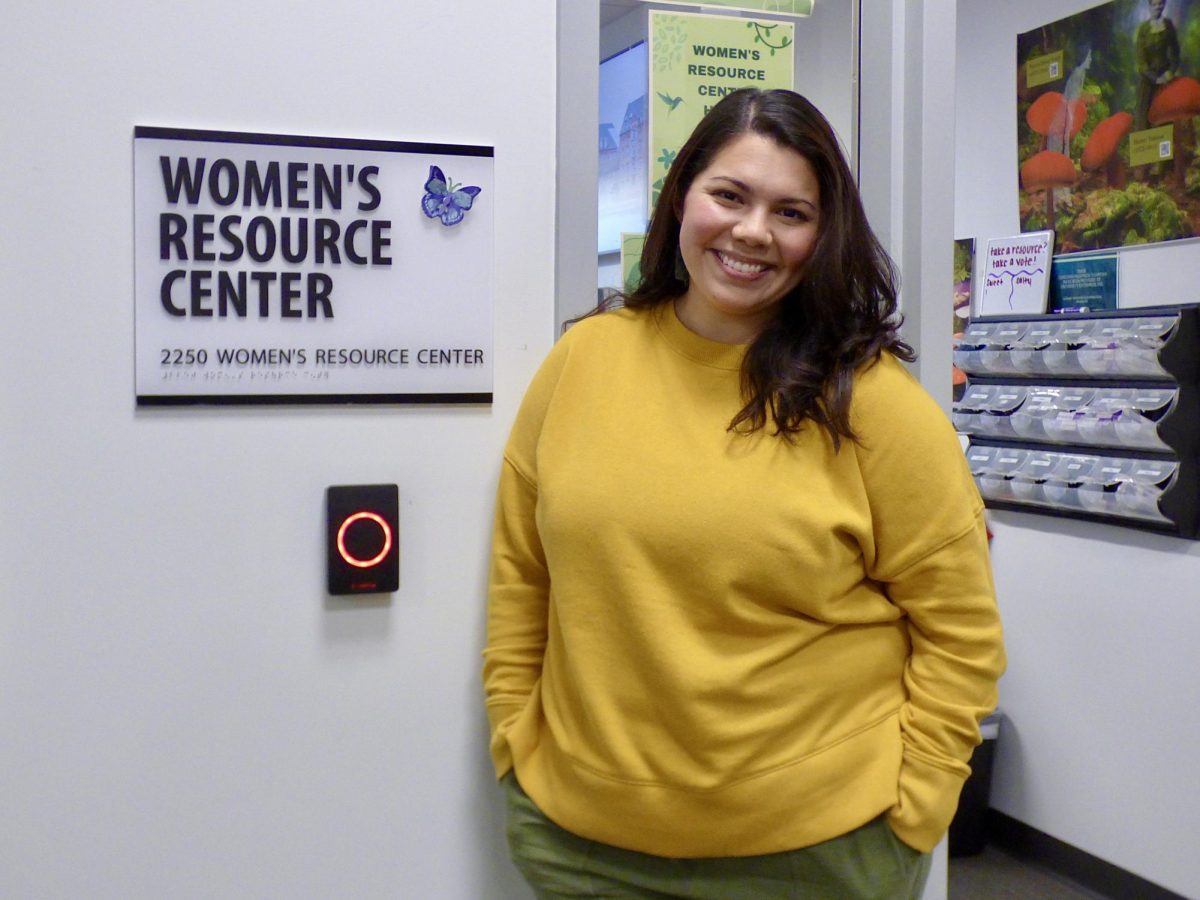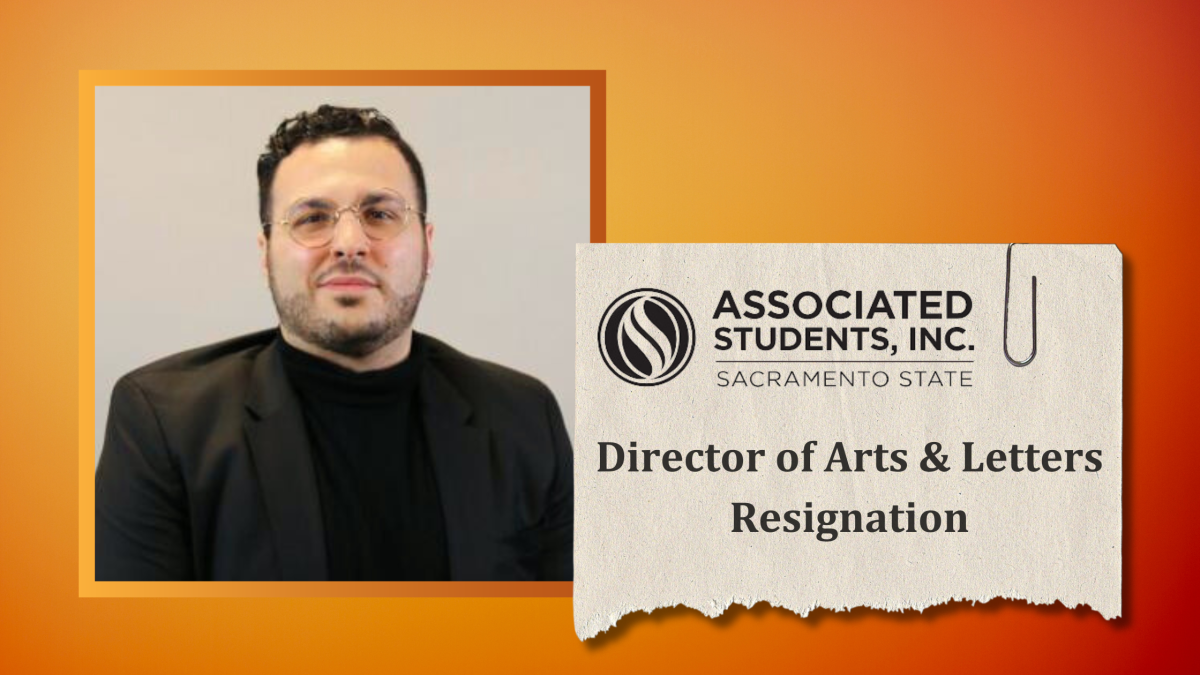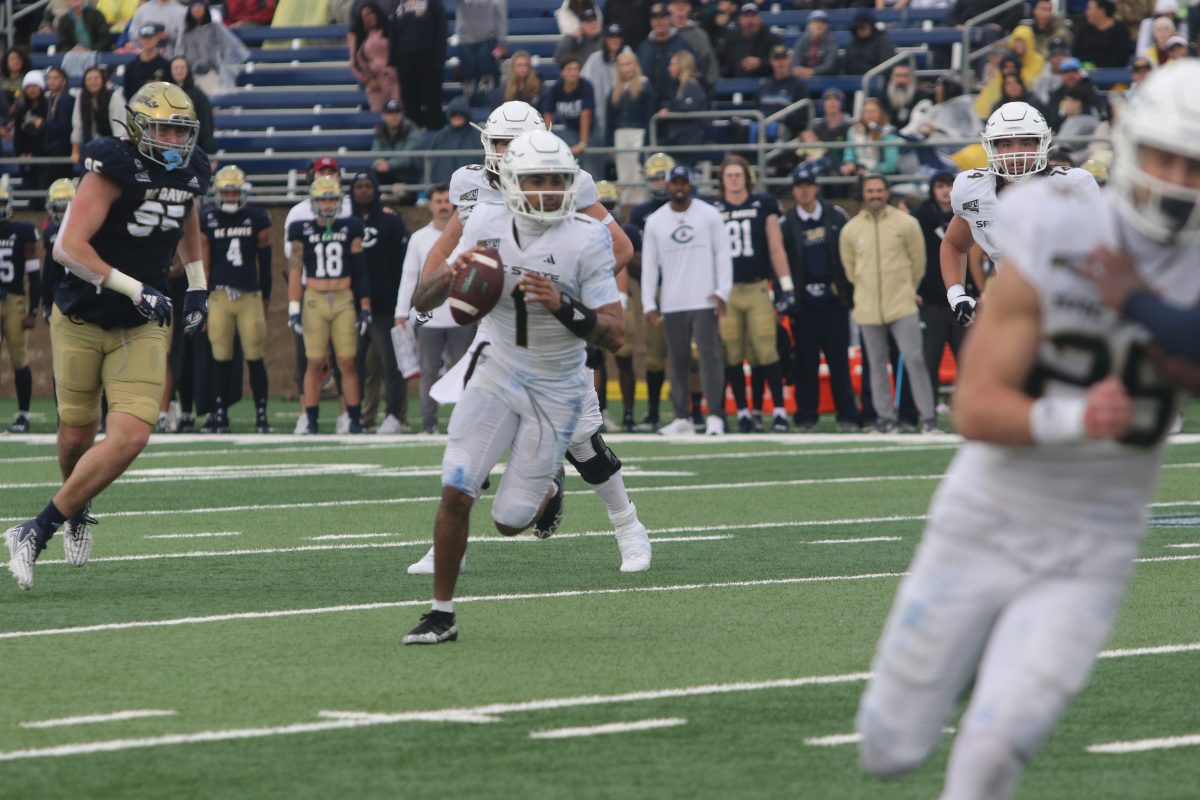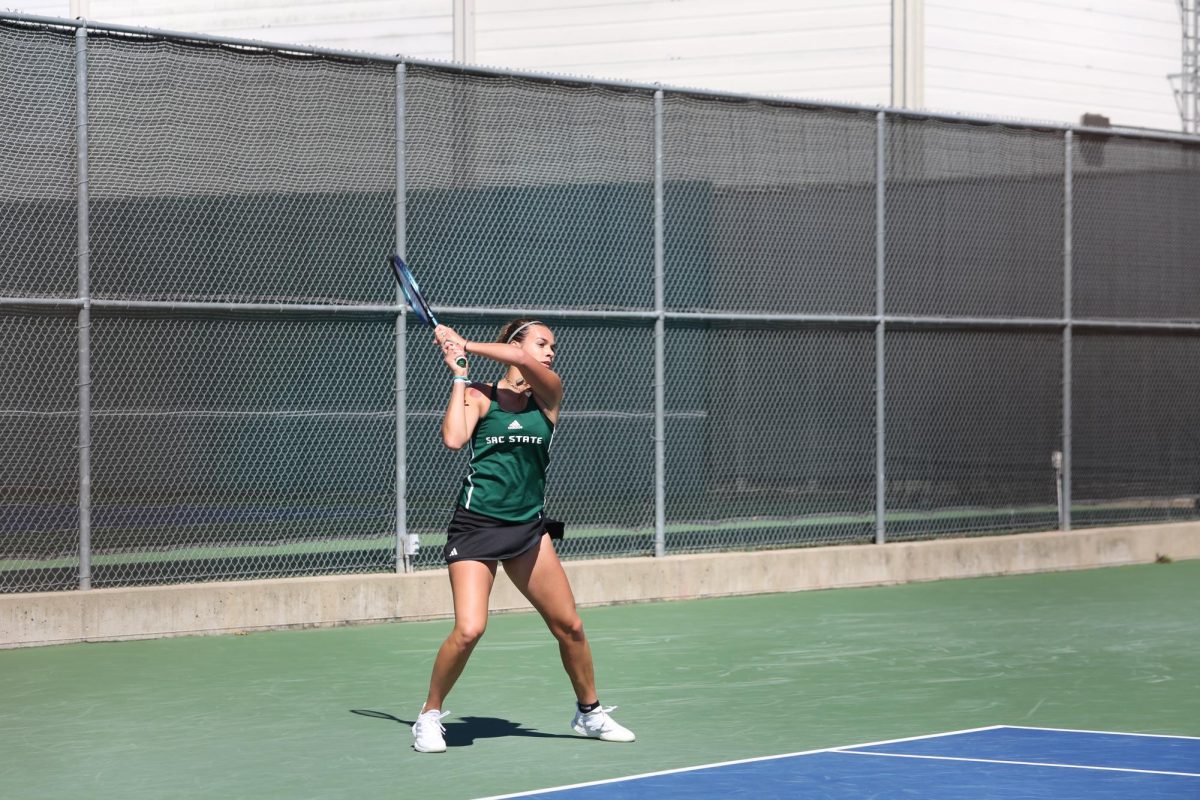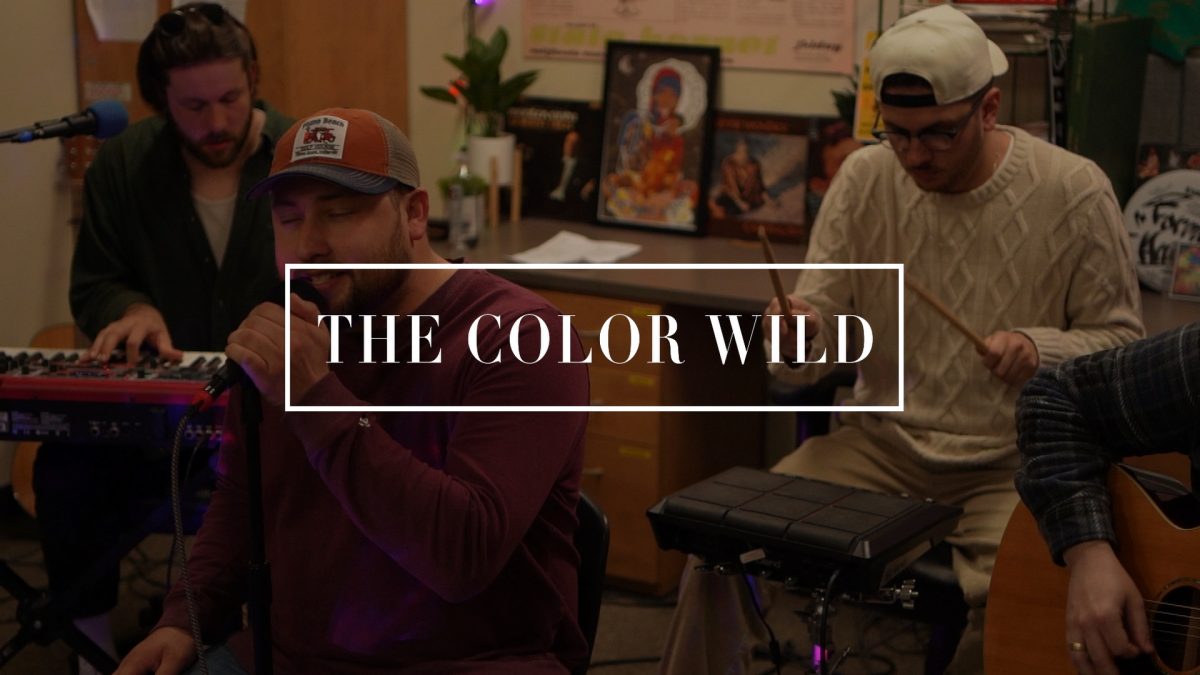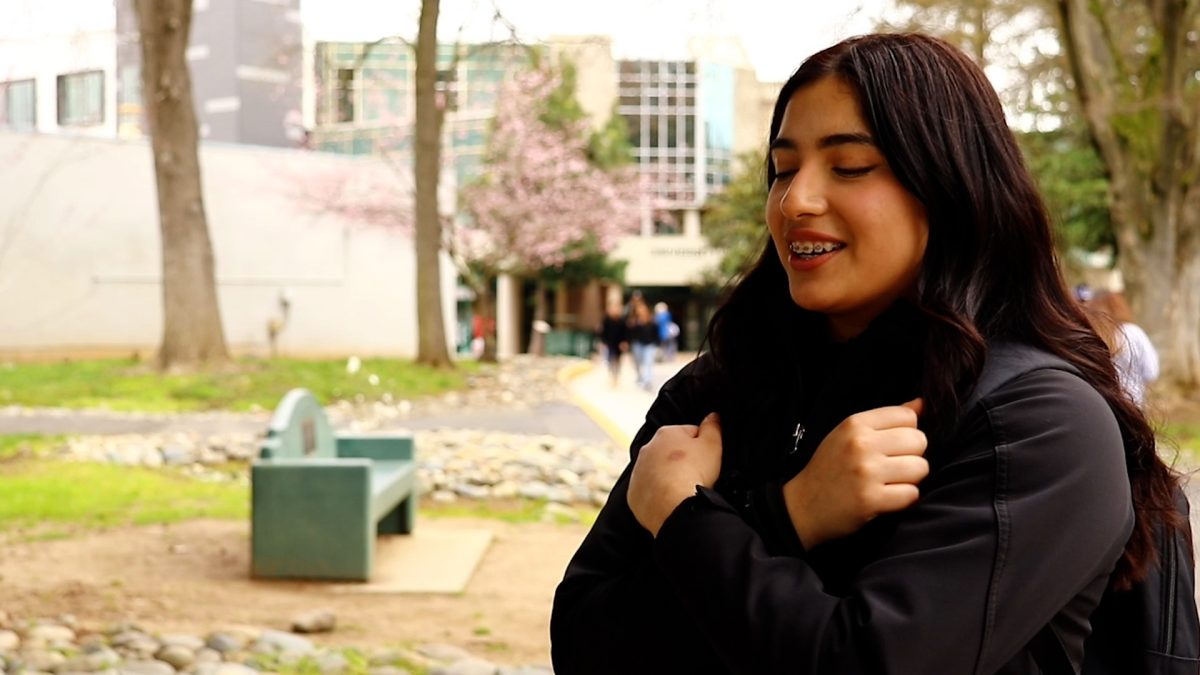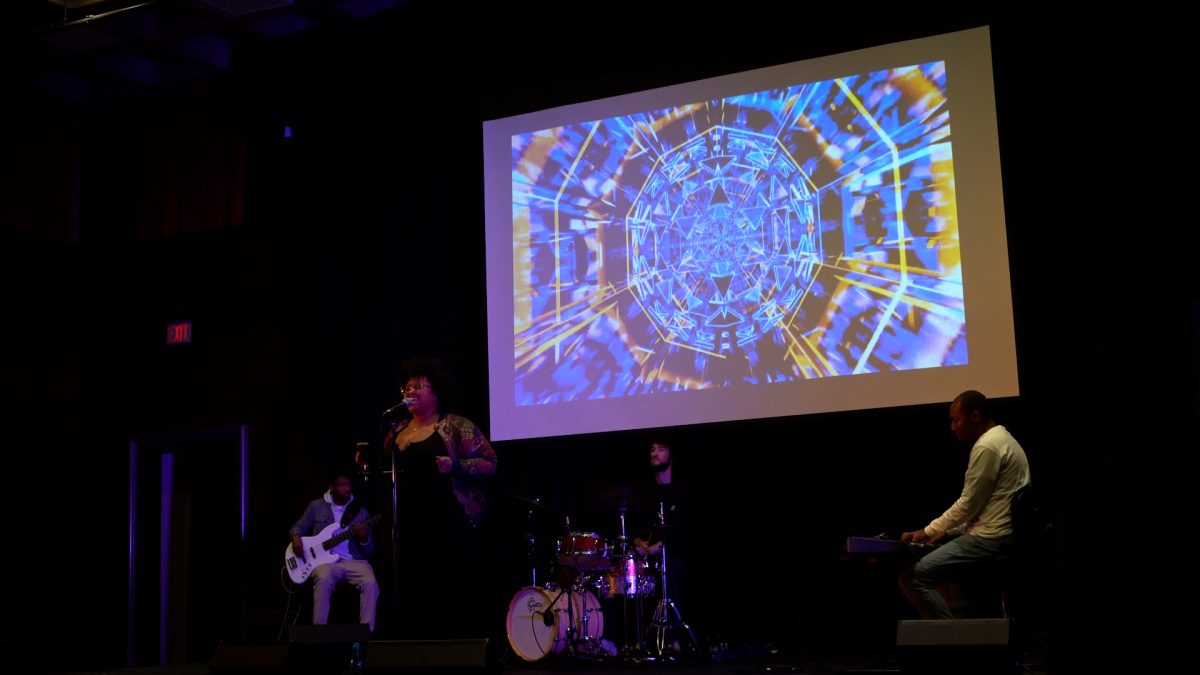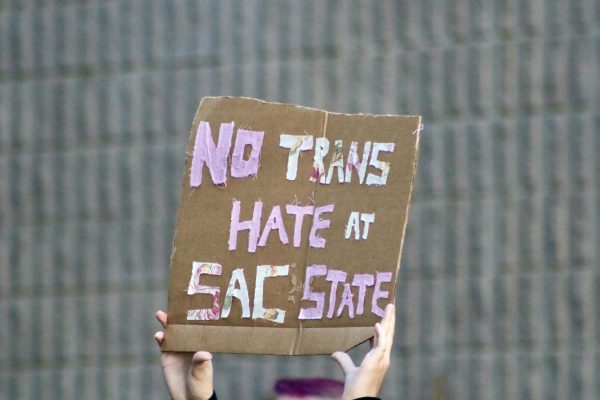Black women stereotypes degrade the woman inside
February 27, 2007
We have nappy hair, we’re ghetto, and we’re unintelligent. We’re stubborn and we collect baby-daddies like stamps, food stamps even. We are Black women and these are the stereotypes that we have to face everyday from the moment we leave our homes till the moment we lay our heads down to rest. Where do these stereotypes come from and more importantly how can we eliminate them?
I’ve explored both positive and negative stereotypes of Black women. More of these stereotypes hover on the more negative end of the spectrum.
I, just like many Black women try to break down these stereotypes.
“People like to say we [Black women] are loud?it doesn’t mean I am not sensible,” said Boatamo Mosupyoe, Director of Pan-African Studies.
The first step is to look these prejudices in the face and admit what they are. Say them aloud. If you keep these stereotypes to yourself and don’t admit they exist then you’re not being honest with yourself.
Next, think about some of the positive attributes of a Black woman. For me, the word strong comes to mind.
But what’s wrong with being strong?
“I see my mom, she has to be strong. If she wasn’t we’d have a weak family,” said Ashley Draper, a psychology major.
There are attributes that remain homogenous among Black women. Black women are bold, brazen and assertive.
It is also important to understand that not all Black women are the same and our experiences are going to differ.
“Look at every single Black woman and get their own perspective,” said Ebony Vaughn an electrical engineering major. Although I probably identify with every Black woman I’ve ever come in contact with, I’m not always going to understand their experiences.
I come from a predominantly white, upper-middle class suburb. I’m not even going to pretend I understand what it may be like to grow up in Oak Park or Meadowview.
Black women, just as many women of color suffer from the triple-threat burden of race, class and gender.
We’re women, strike one. We belong to a class that is associated with poverty and welfare, strike two. And we’re black, strike three. That’s the ultimate strike, the solidifying strike.
These threats continue to work against us. We struggle to make an impact on higher education. Although black women are attending colleges and universities in record rates, our numbers are dwarfed in comparison to Latinas and Asian women.
I’ve always been an advocate of education and I feel education is the key to success. Nurture a child’s gift and encourage them to explore an education beyond high school.
Much of the nurturing needs to come from home. Get these girls as soon as they exit the womb!
Teach them what it means to be a black woman. Teach them to hold their head high and be proud. Raise them to challenge the idea of a Black woman stereotype and hopefully overcome it.
I’m not loud because I’m a Black woman, I’m loud because I have a lot to say and want my opinions to be heard. I’m not stubborn because of the color of my skin; I’m stubborn because my mom raised me to question everything. I’m not oblivious to these stereotypes but I refuse to feed into them.
Oneika Richardson can be reached at [email protected]






